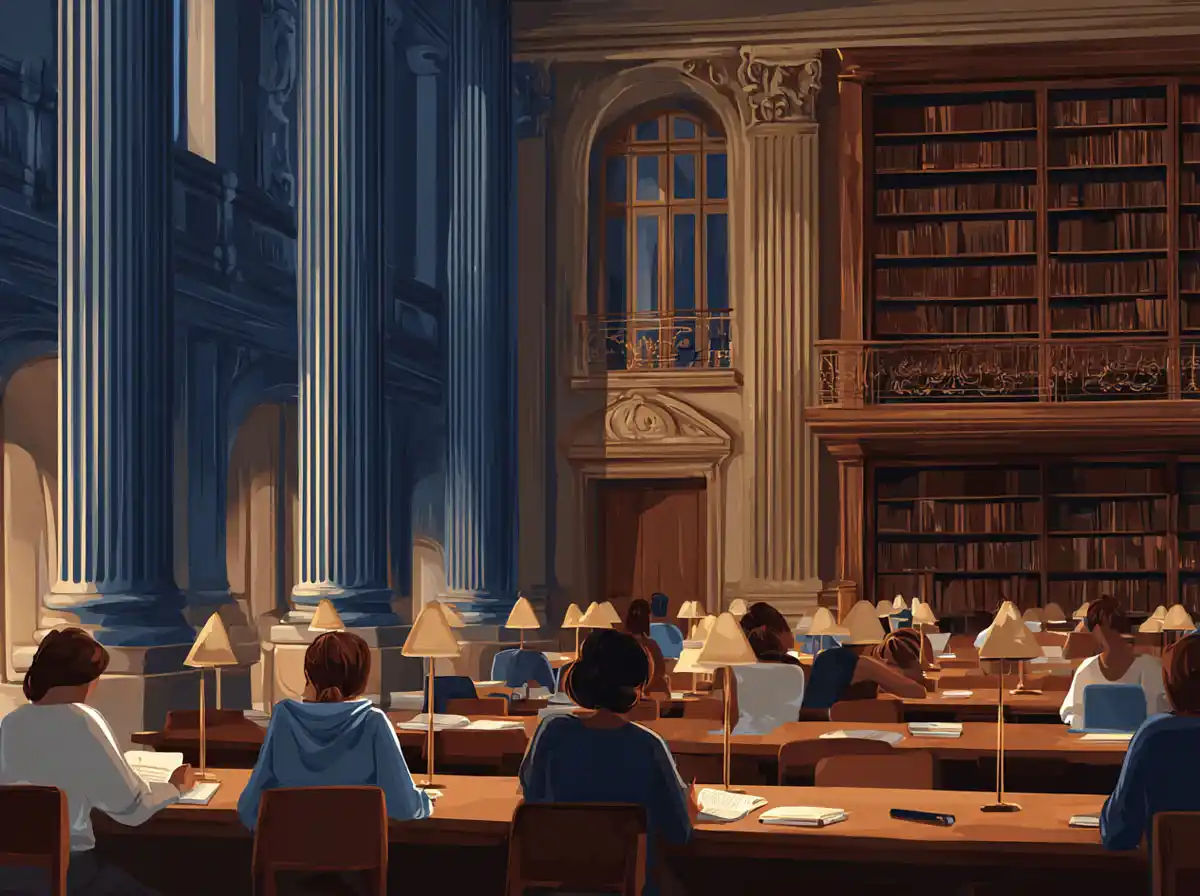Sol – The Sun
In Galician, the word for “sun” is sol. This word is used in various contexts, from describing the weather to metaphorical expressions. Let’s delve into its usage and related vocabulary.
sol – sun
O sol brilla no ceo azul.
The sol is shining in the blue sky.
raio de sol – sunbeam
Un raio de sol entrou pola fiestra.
A raio de sol came through the window.
amanecer – sunrise
O amanecer é fermoso nas montañas.
The amanecer is beautiful in the mountains.
atardecer – sunset
O atardecer pinta o ceo de laranxa.
The atardecer paints the sky orange.
calor – heat
O calor do sol é intenso no verán.
The calor of the sol is intense in the summer.
luz do sol – sunlight
A luz do sol ilumina o xardín.
The luz do sol illuminates the garden.
solpor – dusk
O solpor é o momento antes de que o sol se esconda completamente.
The solpor is the moment before the sol completely sets.
solsticio – solstice
O solsticio de verán é o día máis longo do ano.
The solsticio of summer is the longest day of the year.
eclipse solar – solar eclipse
O próximo eclipse solar será visible en Europa.
The next eclipse solar will be visible in Europe.
Lúa – The Moon
The Galician word for “moon” is lúa. The moon holds a special place in many cultures, and Galician is no exception. Let’s explore the usage and related terms for lúa.
lúa – moon
A lúa chea é incrible esta noite.
The lúa is incredible tonight.
lua chea – full moon
A lúa chea ilumina o camiño no bosque.
The lua chea lights up the path in the forest.
menguante – waning
A lúa está en fase menguante.
The lúa is in the menguante phase.
crescente – waxing
A lúa está en fase crescente.
The lúa is in the crescente phase.
eclipse lunar – lunar eclipse
Un eclipse lunar é un espectáculo natural impresionante.
A eclipse lunar is an impressive natural spectacle.
orbitar – to orbit
A lúa orbita ao redor da Terra.
The lúa orbita around the Earth.
mareas – tides
As mareas son influenciadas pola lúa.
The mareas are influenced by the lúa.
claridade – brightness
A claridade da lúa reflicte no mar.
The claridade of the lúa reflects on the sea.
nocturno – nocturnal
Os animais nocturnos saen durante a lúa chea.
The nocturno animals come out during the lúa chea.
cráter – crater
Os cráteres da lúa son visibles a simple vista.
The cráter of the lúa are visible to the naked eye.
Sun and Moon in Expressions
Both sol and lúa are used in various idiomatic expressions and cultural references in Galician. Let’s look at some common phrases and their meanings.
estar no sol – to be in the sun
Gústame estar no sol os días de verán.
I like to estar no sol on summer days.
como a noite e o día – like night and day
Son diferentes como a noite e o día.
They are different como a noite e o día.
luz de lúa – moonlight
A luz de lúa é romántica.
The luz de lúa is romantic.
sol de inverno – winter sun
O sol de inverno é suave e agradable.
The sol de inverno is gentle and pleasant.
fase da lúa – moon phase
Cada fase da lúa ten un impacto diferente nas mareas.
Each fase da lúa has a different impact on the tides.
cheo de sol – full of sun
O xardín está cheo de sol esta mañá.
The garden is cheo de sol this morning.
baixo a lúa – under the moon
Caminar baixo a lúa é moi tranquilo.
Walking baixo a lúa is very peaceful.
Cultural Significance
The sol and lúa hold significant cultural value in Galicia, influencing festivals, folklore, and local traditions. Understanding these cultural contexts can deepen your appreciation for the language.
San Xoán – Saint John’s Eve
Na noite de San Xoán, saltamos as fogueiras.
On the night of San Xoán, we jump over bonfires.
festa da lúa – moon festival
A festa da lúa é unha celebración tradicional.
The festa da lúa is a traditional celebration.
romaría – pilgrimage
Facemos unha romaría a un santuario durante o solsticio de verán.
We make a romaría to a shrine during the summer solsticio.
mitoloxía – mythology
A mitoloxía galega inclúe moitas historias sobre a lúa.
The Galician mitoloxía includes many stories about the lúa.
lendas – legends
As lendas locais falan de espíritos que aparecen á luz da lúa.
The local lendas speak of spirits that appear in the luz of the lúa.
tradicions – traditions
As tradicions galegas están cheas de referencias ao sol e á lúa.
Galician tradicions are full of references to the sol and the lúa.
Conclusion
Learning about the words sol and lúa in Galician opens up a world of linguistic and cultural richness. From everyday vocabulary to idiomatic expressions and cultural significance, these celestial bodies play a prominent role in the Galician language and way of life. By exploring these terms, you not only expand your vocabulary but also gain a deeper appreciation for the cultural heritage of Galicia.
Remember, language learning is not just about memorizing words but understanding their context and significance. Whether you’re watching a amanecer or gazing at the lúa chea, these experiences connect you to the heart of Galician culture and language. So next time you find yourself under the sol or the lúa, take a moment to reflect on their meanings and the beautiful language that describes them.










